In less than 48 hours in May, Romania’s ruling party was given a triple dose of reality when it was badly beaten in European parliamentary elections, rebuked in a referendum on its attempt to reverse tough anti-corruption laws and had its powerful party leader, Liviu Dragnea, jailed for three-and-a-half years for abuse of office.
It was a stinging reproach for the Social Democratic party (PSD), after two and a half years of what many considered government-led attacks on the rule of law that caused the largest protests in the country since the fall of communism and led to the president, Klaus Iohannis, calling the public vote on what critics said were ruling party efforts to make it more difficult to combat rampant state corruption.
More than 80% backed a ban on the government having powers to change judicial legislation by emergency decree and the use of pardons in corruption-related cases, as the PSD’s vote share simultaneously more than halved from the 45% it won in the 2016 general election.
Sitting in a plush meeting room in the main government building in Bucharest, Viorica Dăncilă, the Romanian prime minister, is blunt about the beating her party took. “I consider these elections not as a victory of the opposition parties but as a defeat for the PSD,” she said. However, she believes her party can turn things around.
In the aftermath of the May votes, Dăncilă vowed to abandon the controversial judicial proposals, a pledge she reiterated this week. “We have understood the message from 26 May. We have not spoken about the justice system, we have not let anybody get involved on that topic … I would like to go back to the agenda that is focused on the citizen, less on the justice system,” she said for The Guardian.
The 55-year-old former MEP has fronted the government for the last 18 months, which included the six months from January 2019 when Romania held the rotating EU presidency, and moving on won’t be easy.
As with Brexit in Britain, the fight against corruption and changes to the judiciary in Romania have dominated political discourse in recent years. The country ranks among the EU’s most corrupt states, according to Transparency International, with Brussels having kept its judicial system, along with that of neighbouring Bulgaria, under special monitoring since the countries joined the bloc in 2007.
Kövesi, who made a name for herself as an anti-corruption crusader going after top politicians, was fired last year in a move that many believe was politically motivated. After being shortlisted for the new pan-European role this year, criminal proceedings were launched against Kövesi back home and she was temporarily banned from leaving the country or talking to the press.
Dăncilă would not be drawn on whether her government would continue to oppose Kövesi’s appointment, but said that she personally believed Kövesi must “solve her issues with the justice system” before taking this kind of role. “What do we do if those accusations are real? I don’t know if they are real or not, it’s a hypothesis, but I believe that the Romanian image will be affected and I want my country’s image to be very good,” she added.
Dăncilă must deal with her own image problems, having been plagued throughout her time in office by accusations that she was appointed simply to serve as a proxy for Dragnea, who was unable to become prime minister due to a previous conviction for electoral fraud. She was installed as his successor as the leader of the PSD last month.
“We cannot debate her performance as a prime minister,” said Dan Barna, the leader of the opposition Save Romania Union party. “Nobody in Romania really believes she is the credible prime minister and the one who’s deciding the direction of the party.”
Dăncilă pushed back against this perception. “These accusations came mostly from the opposition,” she said, adding: “The prime minister runs the government … Mr Dragnea wasn’t coming here to the government, or providing indications to the government.”
Andrei Ţăranu, the deputy dean of the National University of Political Studies and Public Administration in Bucharest, believes that Dăncilă and her government will struggle to turn around public perception in the short term. “The people still don’t like her; they still have some doubts about her proficiency,” he said.
Dăncilă, for her part, points to strong economic growth and says her government is focusing on areas such as education, health and infrastructure.
Improving relations with Brussels will be another priority, though Dăncilă believes there are double standards at work within the EU that need to be addressed.
“Since 2011 we are meeting all the technical criteria for joining Schengen. [But] the political decision is against us joining the Schengen area,” she said, referring to the border-free area of the EU.
She also pointed to the ongoing judicial monitoring of Romanian and Bulgaria. “If the CVM [Cooperation and Verification Mechanism] would be valid for all member states then I wouldn’t be speaking about a double standard, but when it’s applied for only two states – I’m not going to comment about the content, about whether some of them are fair or unfair, but the principle of it,” she added.
For most Romanians, however, these are of little concern when compared to the last few years of political and judicial uncertainty. After the damaging results in May, this is a message that Dăncilă suggests she has understood. “We don’t want to repeat the mistakes of the past,” she said.

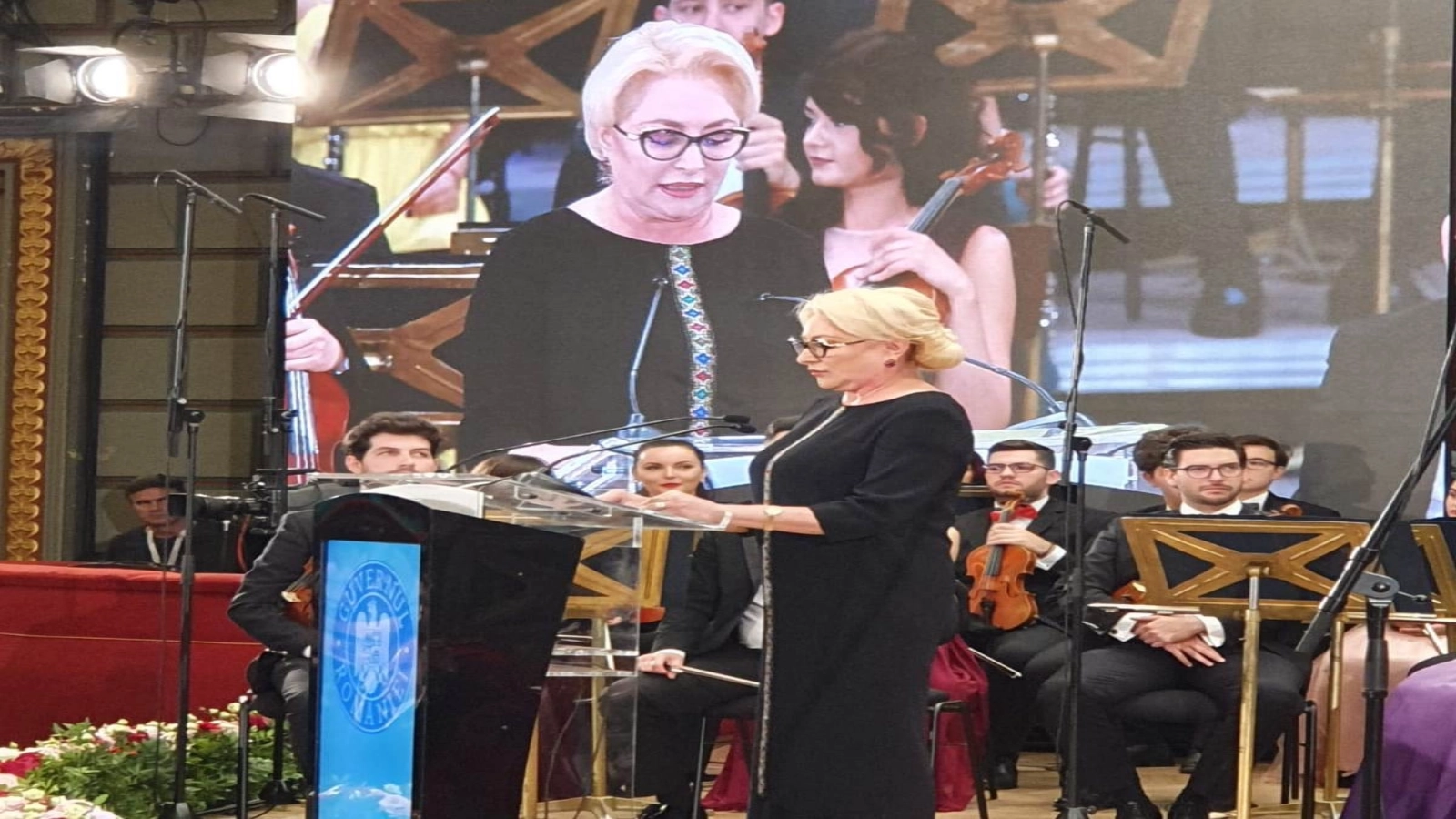

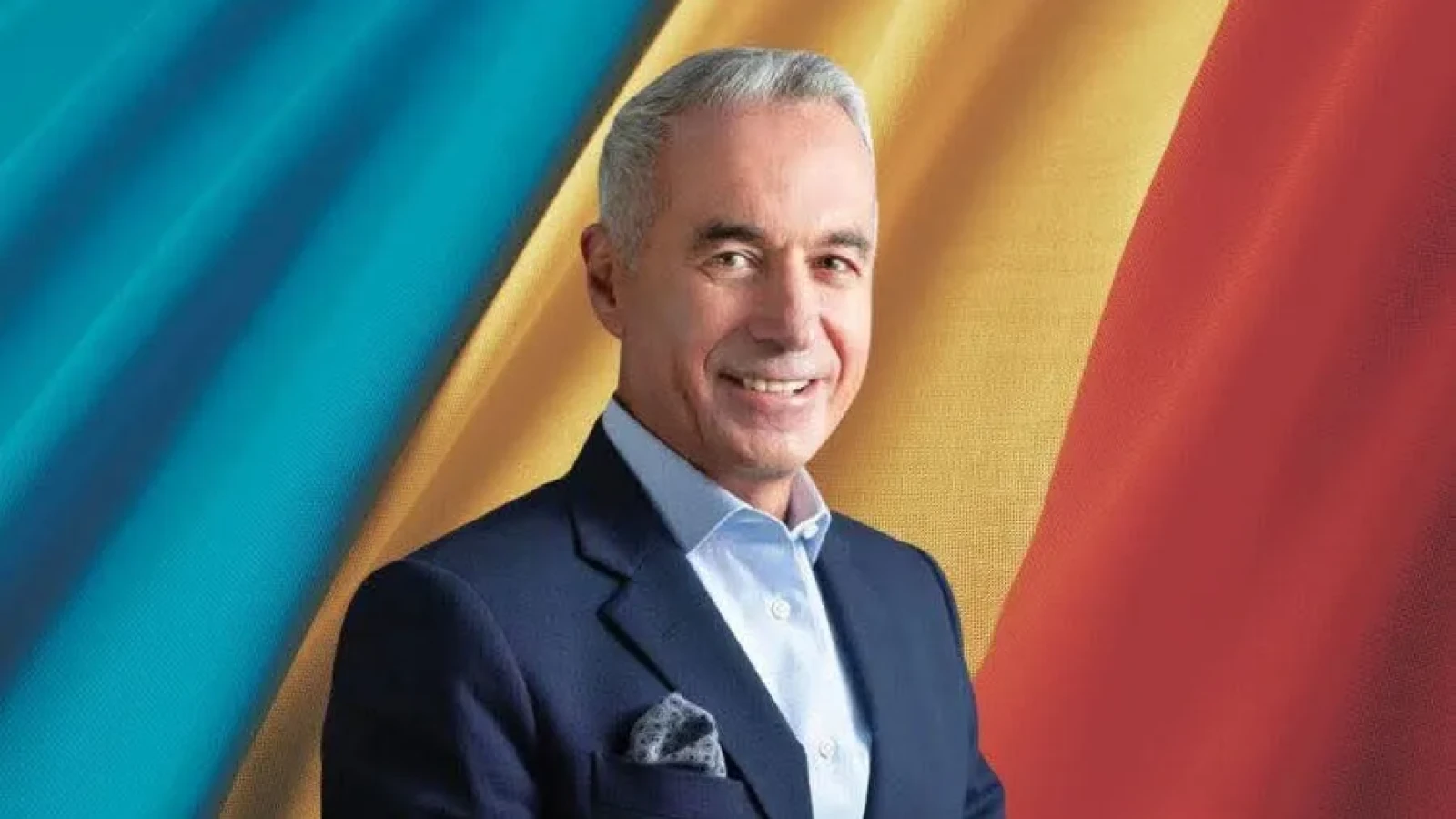

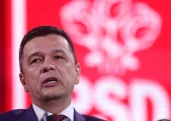





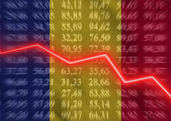
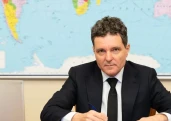

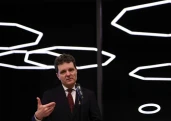
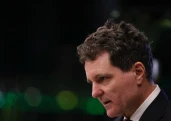
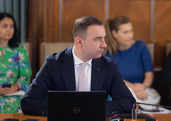
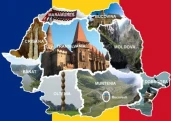



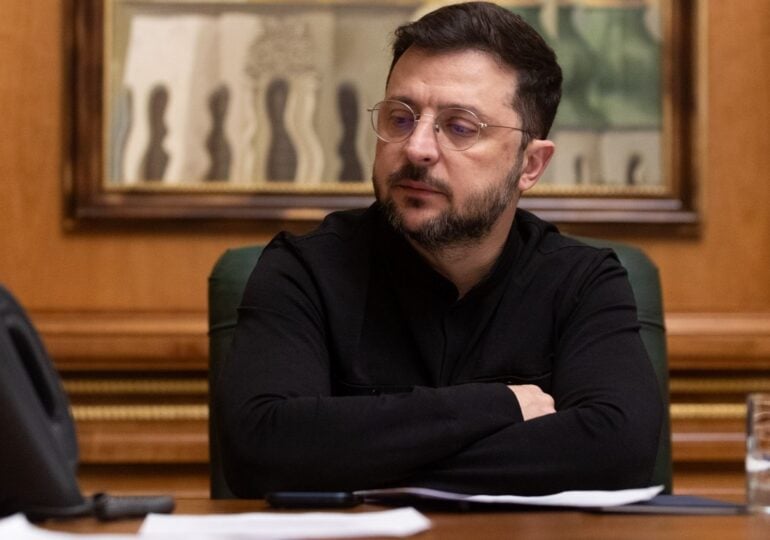






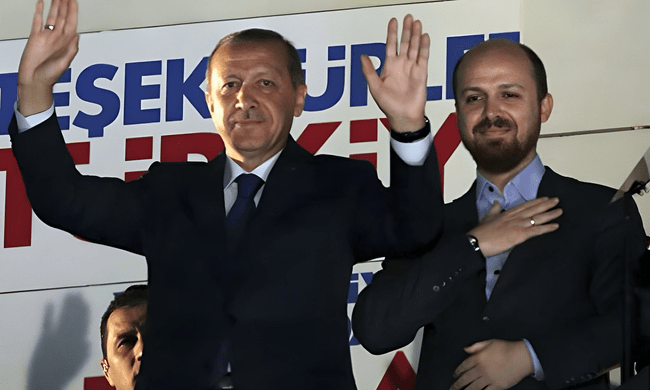



Comentează